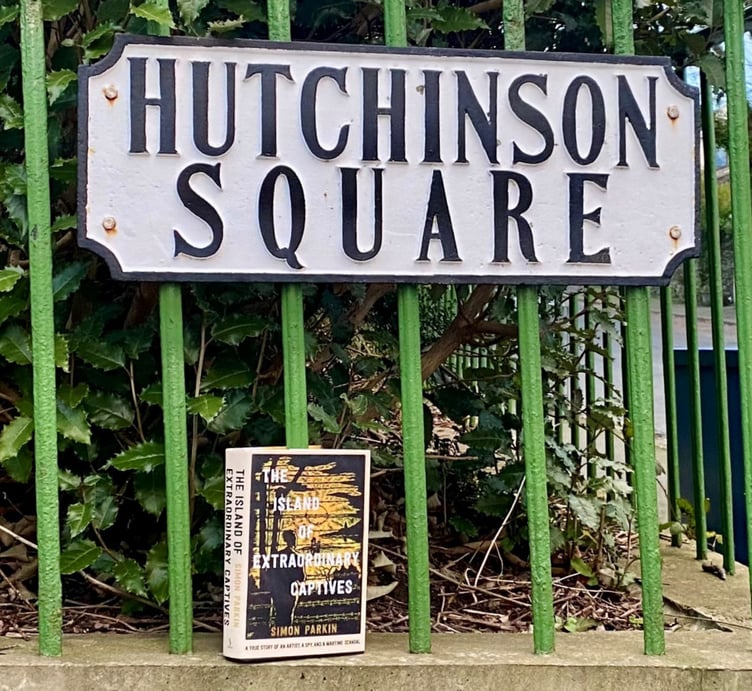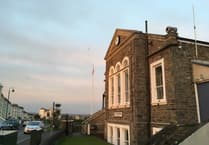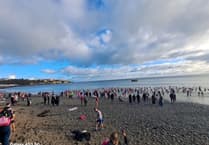The island’s relationship history of internment during World War II will be examined in a new book.
’The Island of Extraordinary Captives - A True Story of an Artist, a Spy and a Wartime Scandal’ by Simon Parkin will be published on February 3.
Simon is an award-winning British writer and investigative journalist.
He is the author of ’A Game Of Birds And Wolves’, which told the little-known story of a small group of women in Liverpool who devised a war game which went on to help win the Battle of the Atlantic.
This book has since been bought for film production by Steven Spielberg.
His new book uses exclusive new archive material, letters and diaries, to tell the story of Hutchinson Camp in Douglas, which has been described as ’the artists’ camp’ due to the thriving artistic and intellectual life of its internees.
Approximately 73,500 German and Austrian refugees fled to Britain when World War II broke out.
Initially, these refugees were received under such lauded schemes as the Kindertransport.
But in the following months, the British media stoked national paranoia that a network of spies, posing as refugees, lurked among their ranks.
The British government embarked upon a policy of mass internment of the very same people they had welcomed, and of the so-called ’enemy aliens’ living in Britain, approximately 30,000 were sent to camps indefinitely.
On July 13, 1940, Hutchinson Camp in central Douglas was declared open.
Home to around 1,200 prisoners, by a twist of fate their number included some of the most prominent and celebrated German and Austrian artists, musicians and academics of the day, such as the pioneering German Dadaist Kurt Schwitters, Ludwig Meidner (artist), Paul Hamann (artist), Fred Uhlman (artist), Gerhard Bersu (Oxford archaeologist), Heinrich Fraenkel (author, journalist, chess-setter for New Statesman), Fred Weiss (film director), and Leo Wurmser (conductor for BBC orchestras etc).
The Austrian politician Emil Maurer survived not one but two German concentration camps - Dachau and Buchenwald - only to be sent to the Isle of Man by his supposed saviours.
Other internees, like the orphan and aspiring artist Peter Fleischmann, were barely out of school, but found among the eminent men a community that would forever change their lives.
Professor Charmian Brinson, from University of London has described the book as: ’A gripping account of alien internment in Britain during the Second World War which succeeds in combining a highly readable text with punctilious research.’
l ’The Island of Extraordinary Captives - A True Story of an Artist, a Spy and a Wartime Scandal’ by Simon Parkin (Hardback £20, published by Sceptre) is available from Bridge Bookshop in Ramsey and Port Erin from February 3.





Comments
This article has no comments yet. Be the first to leave a comment.